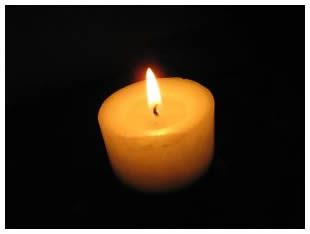 It’s never easy to lose a parent, but as we discussed in Why it can be hard to lose a parent you dislike (1), the death of a less-than-loved parent can often be much more difficult to deal with than that of a loved parent with whom you shared a close and special bond.
It’s never easy to lose a parent, but as we discussed in Why it can be hard to lose a parent you dislike (1), the death of a less-than-loved parent can often be much more difficult to deal with than that of a loved parent with whom you shared a close and special bond.
Adult children can dislike a parent for as many reasons as there are parents. The relationship may have broken down to the point of constant bickering and fighting, or the adult child may be completely estranged from their parent, perhaps not even having seen them for many years.
Logic might suggest that when the news arrives of the death of this adversary, that person who has caused you so much pain and heartache, you would be filled with a sense of relief, or perhaps even no feeling at all. However, this is seldom the case. As we discussed in Why it can be hard to lose a parent you dislike (1), we carry a memory of our parents with us till the day we die. When that memory is a happy one, we can more easily travel the road of grieving for their loss and come out at the other end with a sense of positivism and gratefulness that we were able to share a beneficial parent-child bond.
Unfortunately, this road is much more difficult to traverse when the relationship between parent and child has been a rocky one. There may be anger at not having the father that you would have liked, rage that your mother was cold and made you feel worthless, grief that you did not have a happy childhood with a sense of love and acceptance instilled into you. The emotions are endless because the situations that caused the pain are endless in variation.
So, although it’s easy to think that hating a parent will make it a breeze, even a celebration, to read their obituary, it is often not this way at all. Grief and depression may be longstanding. After all, you are not just grieving for the death of a parent, you are grieving for the little child you once were who missed out on all the love that you were entitled to. You are grieving for a relationship, not just a person. This type of death is a very complicated one, and the grieving process can, by its very nature, go on for much longer than grieving for a parent with whom you had a close, loving relationship.
What can you do if you find yourself in this situation? First of all, reassure yourself that the ambiguous feelings you are experiencing are normal. You may alternatively feel extreme anger, only to collapse in tears of unrelenting grief. Being pre-warned that this can happen will help you to accept the situation. Being prepared can help you better cope with the intense loss. Build your support network to help you through the crisis. And be open to receiving counseling should the need arise.
Contact Beth McHugh for further information or assistance regarding this issue.

